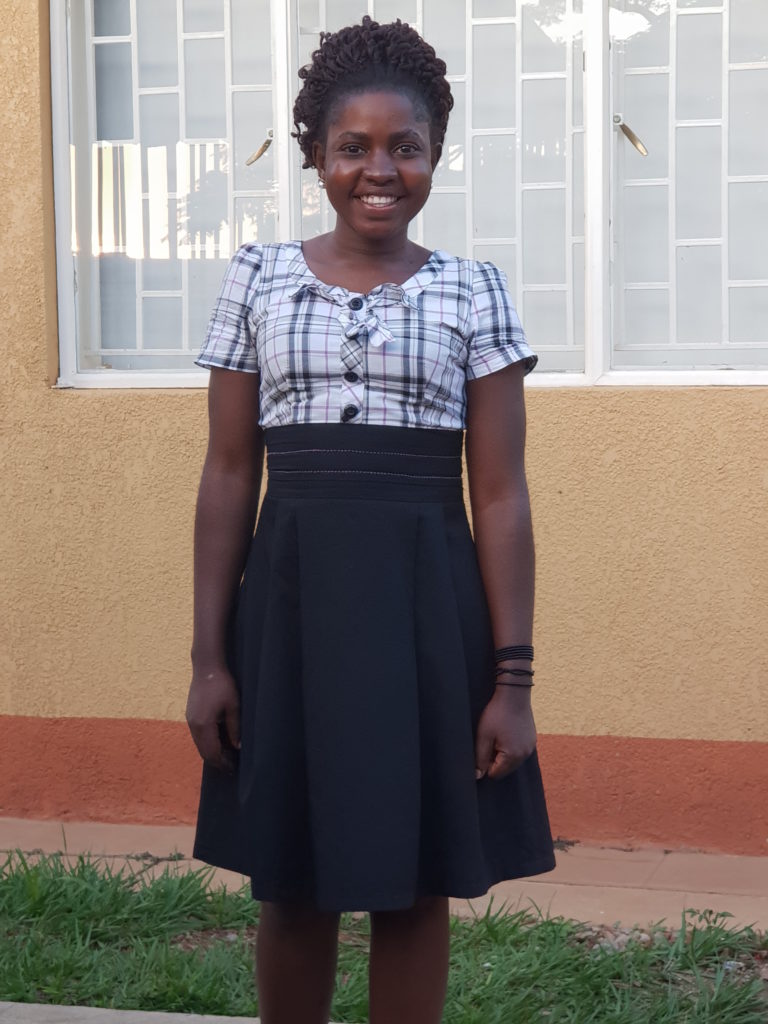
The STREAM Trial Community Advisory Boards (CABs) are made up of volunteers who act as a bridge between the science and the reality of the trial. They often work to provide crucial psychosocial support for trial participants. CAB members work closely with the community to make sure that their voices are heard, and support them for the duration of their treatment.
Many members of the CABs have firsthand experience of tuberculosis (TB)/ multidrug-resistant tuberculosis (MDR-TB), being TB survivors themselves or having had family members who contracted this life-threatening disease.
In February 2015, Mary Mpakibi, 24, was diagnosed with MDR-TB. “The day I found out, I felt worried and anxious. I felt that everyone was isolating me.”
For a period of two years, Mary followed a strict treatment regimen of 15 oral tablets and an injection of kanamycin every day. She describes this experience as traumatizing, as she suffered from a number of severe side effects. She explains: “As a result of my treatment I almost lost my sight because of the toxicity of the drugs. My limbs were numb, every part of my body was painful. I developed problems with my kidneys and my ears were also affected.”
In December 2017, two months after being cured, Mary joined the STREAM Uganda CAB. “I joined the CAB to be a voice that speaks loud, advocating for the lives of people suffering from TB and MDR-TB. I want to shed light on this disease and raise awareness and understanding among the community,” explained Mary.
By being a member of the STREAM Uganda CAB, Mary is working to bridge the gap between the community and the health system. “I am making a stand against the stigma related to TB and MDR-TB and work to address myths and misconceptions to help those affected,” said Mary. As part of her work, she participates in regular community outreach events that take place in schools and townships. She uses these opportunities to talk to members of the community about signs and symptoms of TB, but also shares her experiences of MDR-TB and the STREAM trial.
“It is important for me to share my experience with others in order to help to reduce the stigma associated with TB. I also want to educate people about the positive effect of clinical trials,” she said.
STREAM is the first large-scale, multi-country clinical trial to examine shortened treatment regimens for multidrug-resistant tuberculosis (MDR-TB). It is also the first phase III trial to test the effectiveness and safety of bedaquiline within a shortened regimen. Bedaquiline is a recently developed drug that has the potential to reduce some of the side effects associated with treatment for MDR-TB by eliminating the use of the injectable, kanamycin.
To read more about the work of STREAM and its Community Advisory Boards, click here.
